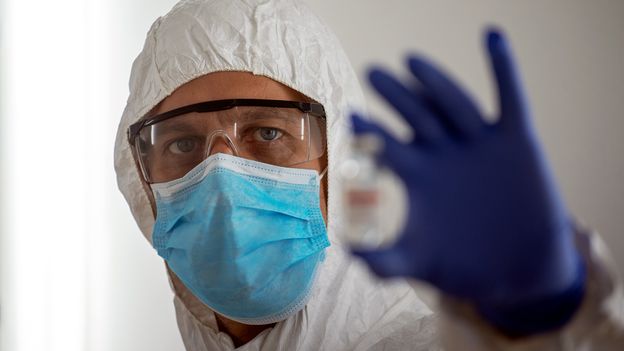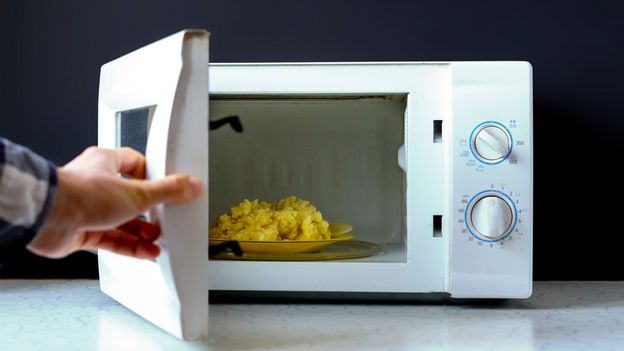In the meantime, throw-away devices remain exactly that: thrown away. They end up in landfill or boxes in garages, cellars and attics.
“The prices in the market of primary materials [from primary mining] can be very cheap when mines are situated in Africa or China,” says Martinez. The question is whether we are happy with buying cheap goods that come with a high ecological and human cost, or are willing to reduce, re-use and recycle what we already have.
Maybe now is the perfect time to reassess our own relationship with electrical goods, e-waste, and “reduce, re-use and recycle” within the context of our own homes. There’s gold in your cupboards. In fact, there’s a veritable periodic table of elements to be found.
Retrieving it could be one of the most environmentally friendly actions you can do without having to leave the house.
* An earlier version of this article incorrectly stated that the extraction industries are responsible for half of global carbon emissions and 90% of biodiversity loss, according to UN’s Global Resources Outlook. The article has been corrected with the figures from the report. A figure for the amount of electronic waste collected by Japanese authorities for the Olympic medals was also inaccurate. It has been corrected from 72 million tonnes to 72,000 tonnes.
—
Join one million Future fans by liking us on Facebook, or follow us on Twitter orInstagram.
If you liked this story, sign up for the weekly bbc.com features newsletter, called “The Essential List”. A handpicked selection of stories from BBC Future, Culture, Worklife, and Travel, delivered to your inbox every Friday.











